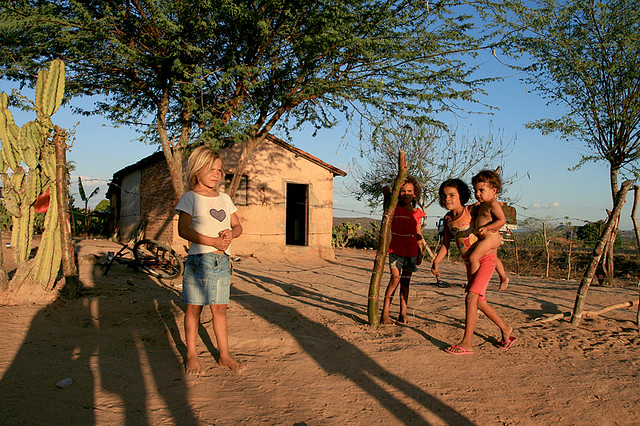Article points out changes in the health conditions of the Northeast in recent 20 years
Notícia publicada em:
- 17 de Outubro de 2014
Reduction in the rate of communicable diseases, infant mortality drop and the increase of chronic diseases are some of the data presented in the unpublished study by Roberto Passos Nogueira, researcher at Ipea and associated with Nethis/Fiocruz
An analysis of the indicators related to demographic, epidemiological and nutritional transitions between 1990 and 2010 shows that public policy aimed at the Northeast region contributed to important health outcomes – also in compliance with the Millennium Development Goals (MDGs) – such as reduction of infant mortality. Other data expose how harmful the habits and lifestyles of the population are, resulting in risk factors for the incidence of non-communicable chronic diseases, like diabetes and cancer.
That is what the article “Development and changes in health conditions in the Northeast” reveals, written by Roberto Passos Nogueira, researcher at Ipea. (read the full article here).
Nogueira credits the reduction in mortality from communicable diseases to improve access to health services. According to the researcher, children who died by diarrhea began to receive rehydration, and those with acute respiratory infections, treatment with antibiotics. Another highlight is the significant drop of neonatal tetanus and leprosy, diseases linked to extreme poverty and the precarious conditions of hygiene. The neonatal tetanus, for example, is practically eradicated.
Dengue fever and Aids represent the exceptions of successful health responses. There was an increase in the numbers of cases in the comparison of the years 2000 and 2010. While in Brazil Aids stabilized (17.9 per 100 thousand inhabitants), in the Northeast, the incidence went from 7.1 in 2000 to 12.6 in 2010. In the case of dengue, the growth in the Northeast (128 to 314 cases) accompanied the rest of the country (64 to 514 cases).
NCD – The chronic non-communicable diseases (NCD) are occupying increasing space on the agenda of global health. In the Northeast, records show the increase in cases of death mainly by cancer and diabetes, the latter being the highest average of the five Brazilian regions.
The data of the nutritional transition – that adds physical inactivity, smoking, alcohol consumption, industrial ultra-processed food and junk food – explain the increase of cases of non-communicable diseases. A Ministry of Health´s survey showed, for example, that 14% of the population resident in Brazilian cities is obese, mostly women. The data is revealing from the point of view of the habits and lifestyle of the society, since the risk factors that lead to obesity are present in all regions of the country.
Lastly, Nogueira shows that the demographic characteristics of the population changed. There was a “strong reduction of fecundity, which, along with the reduction of mortality, constitute the two basic reasons of ageing”. To calculate this, it is accounted for the increase in the proportion of people over 60 years and the reduction of the ones under five years.
For detailed information, visit the article at this link.

Roberto Passos Nogueira is a doctor, PhD in Public Health, a researcher at the Institute of applied economic research (Ipea) and a research associate at the Center for Bioethics and Diplomacy Studies in Health (Nethis/Fiocruz)
Photo cover: pt.wikipedia.org
[:]





